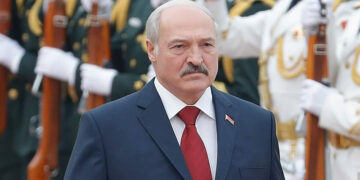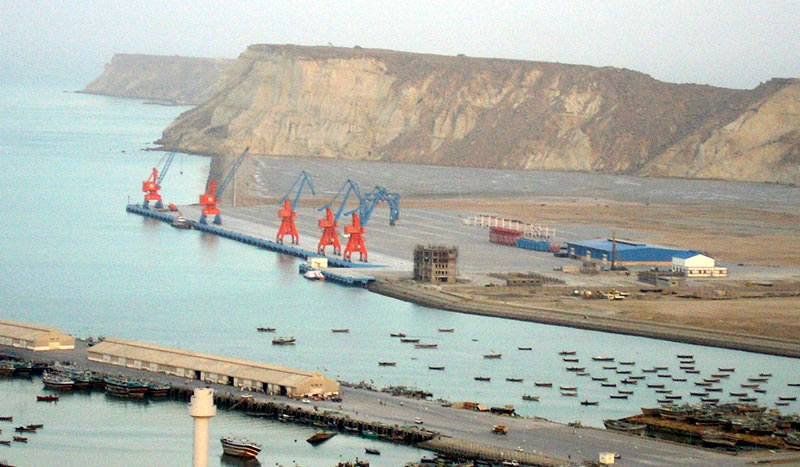With the failure of infamous utility tax imposed by the authorities of the defunct city district government Karachi, now the district, taluka and town councils, under the newly-passed Sindh People’s Local Government Ordinance 2012 would be able to collect various levies from the respective district’s jurisdiction that is likely to get cold response from the poverty-stricken people.
As per the text of the Ordinance, it has been mentioned in second schedule of PLGO 2012 that district councils would collect the education tax, health tax, tax on vehicles other than motor vehicles, any other tax authorised by the government, local rate on lands assessable to land revenue, fees in respect of schools, colleges, and health facilities established or maintained by the district government, fees for licences granted by the district government, fees for specific services rendered by a district government, collection charges for recovery of tax on behalf of the government as prescribed, toll on new roads, bridges, within the limits of a district, other than national and provincial highways and roads.
Part-II of the second schedule of PLGO 2012 mentions that taluka and town councils would levy local tax on services, tax on the transfer of immovable property, property tax on annual rental value of buildings and lands, fee on advertisement, other than on radio and television, and billboards, fee for fairs, agricultural shows, cattle fairs, industrial exhibitions, tournaments and other public events, fee for approval of building plans and erection and re-erection of buildings, fee for licenses or permits and penalties or fines for violation of the licensing rules, charges for execution and maintenance of works of public utility like lighting of public places, drainage, conservancy, and water supply, fee on cinemas, dramatical, theatrical shows and tickets thereof, and other entertainment, collection charges for recovery of any tax on behalf of the Government, District Government, Union Administration or any statutory authority as prescribed.
Similarly, the Part-III of PLGO 2012 states that Union Councils would collect fees for licensing of professions and vocations, fee on sale of animals in cattle markets, market fees, fees for certification of births, marriages and deaths, charges for specific services rendered by the union council, rate for the remuneration of Village and neighbourhood guards, rate for the execution or maintenance of any work of public utility like lighting of public places, drainage, conservancy and water supply.
The ‘first schedule’ of the PLGO 2012, from sections 14 to 35 states that the land and police powers had been given to the mayors of proposed metropolitan corporations in the province. Mayors would exercise the powers of ‘anti-encroachment and law and order in respect of sections 109, 133, 144, 145 of Criminal Procedure Code and sections 30-A to 34-B of Police Act of 1861 in respect of properties and assets of the local governments.’ Besides, part-A of the PLG ordinance says that following offices and subjects have been devolved to the LGs namely civil defence, community development and organisation, inland fisheries in metropolitan areas, social welfare, sports and sports boards, culture, co-operatives/ co-operation, primary schools in metropolitan areas, technical education; finance, budget and accounts relating to Local Government. – Pakistantoday













